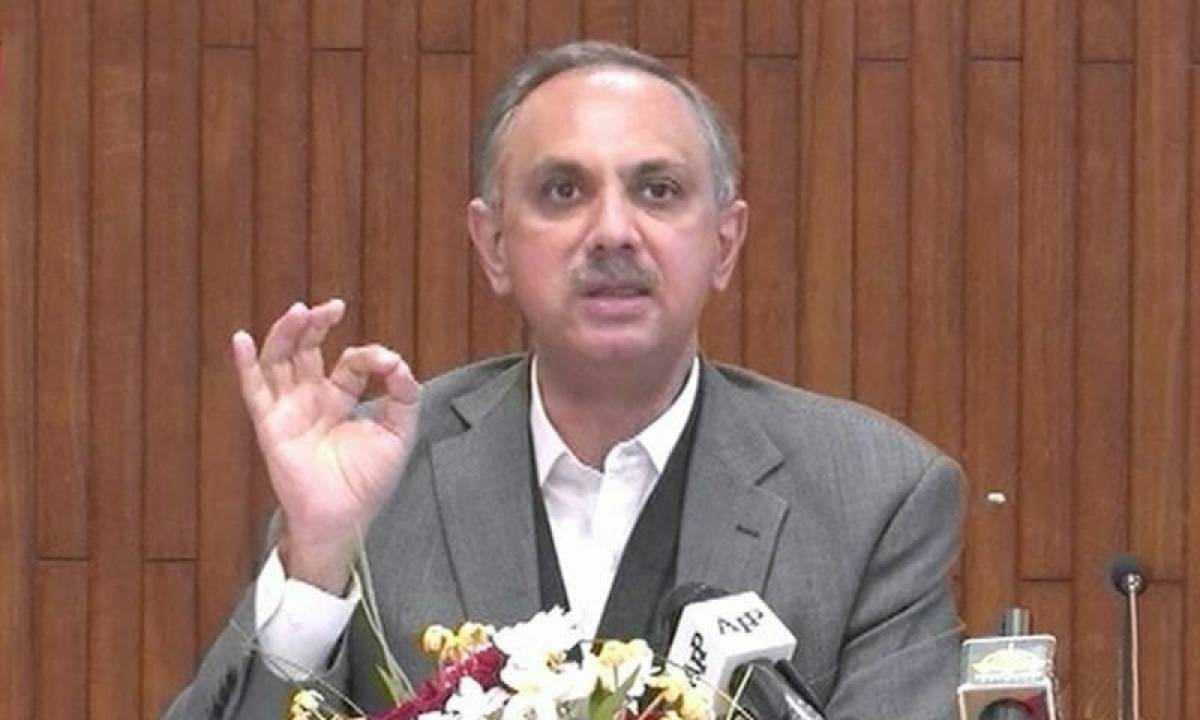PTBP Web Desk
Prime Minister Shehbaz Sharif held his first formal bilateral meeting with US President Donald Trump, marking a significant moment in Pakistan-US relations. The meeting, attended by Field Marshal Chief of Army Staff Syed Asim Munir NI, was described by both sides as a positive step toward strengthening cooperation on regional and global issues.
The encounter was particularly noteworthy as it came six years after former Prime Minister Imran Khan’s 2019 meeting with Trump during his first presidential term. Against the backdrop of shifting geopolitics and ongoing regional tensions, the discussion highlighted the importance of renewed diplomatic engagement between Islamabad and Washington.
According to the Prime Minister’s Office (PMO), Shehbaz Sharif hailed Trump as a “man of peace” and credited his bold, courageous, and decisive leadership for facilitating the ceasefire between Pakistan and India. The prime minister said that this initiative had helped avert a potential catastrophe in South Asia, thereby reinforcing Trump’s reputation as a leader committed to global stability.
Shehbaz also expressed deep appreciation for Trump’s consistent efforts to resolve conflicts worldwide. He pointed in particular to Trump’s initiatives in the Middle East, highlighting his call for Muslim world leaders to gather in New York for discussions on restoring peace in Gaza and the West Bank.
The two leaders engaged in extensive discussions on regional security. Prime Minister Shehbaz stressed the importance of counter-terrorism cooperation and thanked President Trump for acknowledging Pakistan’s sacrifices and contributions in the fight against terrorism.
Both sides agreed that intelligence-sharing and joint security initiatives were vital to tackling emerging threats. The prime minister emphasized that continued collaboration would help stabilize not only South Asia but also the broader global security landscape.
This reflects Pakistan’s long-standing commitment to international counter-terrorism efforts, a point frequently highlighted in forums such as the United Nations.
Economic relations also featured prominently in the meeting. Prime Minister Shehbaz expressed gratitude to the US administration for the tariff arrangement finalized earlier this year, which he said would boost bilateral trade.
He invited US companies to invest in Pakistan, specifically in key sectors such as agriculture, information technology, mining, minerals, and energy. The prime minister stressed that Pakistan offered vast opportunities for investment and that US involvement could help unlock the country’s economic potential.
For additional context, Pakistan has been actively seeking foreign direct investment as part of its broader economic reforms, similar to initiatives highlighted by Pakistan’s Board of Investment.
During the talks, Prime Minister Shehbaz extended a warm invitation to President Trump to undertake an official visit to Pakistan. He said such a visit would symbolize the enduring partnership between the two nations and help build further confidence at both political and public levels.
Shehbaz Sharif expressed confidence that under Trump’s leadership, the Pakistan-US partnership would grow stronger, yielding mutual benefits.
Before the meeting, Pakistan Television (PTV) reported on social media platform X that Shehbaz Sharif had landed in Washington with a high-level delegation.
Upon arrival at Andrews Airbase, the prime minister was welcomed with a red carpet by senior US Air Force officials. His motorcade departed from the airbase under tight security, reflecting the high-profile nature of the visit.
The Shehbaz-Trump meeting has been widely described as a reset in Pakistan-US ties. With discussions spanning security, economy, and peace efforts in Gaza, the visit underscored Islamabad’s desire for constructive engagement with Washington.
If commitments made during this meeting translate into concrete actions, both countries could witness a revitalized partnership that addresses mutual concerns while fostering stability in South Asia and the Middle East.




